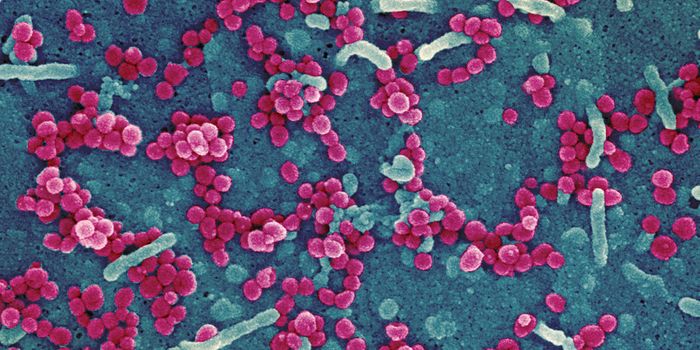Preventing and Preparing for COVID-19
Worldwide, the number of COVID-19 cases, caused by the SARS-CoV-2 virus, is still rising. There have been 87,508 confirmed infections, and while over 42,000 people have been infected and have recovered, nearly 3,000 have died, and certain groups like the elderly have a much higher risk of having a more serious illness if they become sick. While cases in the epicenter of the virus - Hubei, China, are starting to level off, the number of infections in other countries like Italy, Iran and South Korea has risen dramatically.
On Saturday, the first death from COVID-19 in the United States occurred in Washington State. The deceased individual was a man in his 50s that had other health problems. There is no evidence that he contracted the illness from traveling, and community spread, in which no source can be identified, is suspected in this case. There are three other cases that have happened in which community spread is suspected in the United States; other than Washington State, patients were reported in Oregon and California.
These individuals have tested positive locally, but there were limitations with testing by the Centers for Disease Control and Prevention (CDC). The CDC has now enabled clinicians to request testing for people that have a respiratory illness with no explanation, instead of limiting testing to those that had contact with a coronavirus patient or a history of travel. The CDC also opted to use their own test instead of one generated by WHO. In this case, however, the CDC test did not work properly at first. It remains to be seen whether widespread, reliable testing would have changed outcomes for Americans at this point.
The spread of COVID-19 may be happening in some communities in the United States, but the CDC insists that it is still isolated. “There is not national spread of COVID-19. CDC and the federal government are working to keep it that way,” said Dr. Nancy Messonnier, director of the Center for the National Center for Immunization and Respiratory Diseases. She also said that "It's not so much a question of if this will happen anymore but rather more a question of exactly when this will happen and how many people in this country will have severe illness."
To protect yourself from illness, practicing good hand washing habits is always recommended, but it will become even more important at a time like this. The use of face masks is not advised for the general public, only for sick people or those that are caring for those that are ill. Staying at least six feet away from people that are infected is also important, though that may become challenging with COVD-19 since asymptomatic individuals appear to be able to spread the illness. Hopefully, the United States will be able to avoid a pandemic, but it helps to be prepared for one even if it doesn't happen.
"When you start to see sustained transmission in other countries throughout the world, it's inevitable that it will come to the United States," Dr. Anthony Fauci, director of the National Institute of Allergy and Infectious Diseases, told NBC News.
"The immediate risk to the general American public remains low. But, as we have warned, that has the potential to change quickly," said Health and Human Services Secretary Alex Azar.
"If you are not in an area where COVID-19 is spreading, or have not traveled from an area where COVID-19 is spreading, or have not been in contact with an infected patient, your risk of infection is low," noted the World Health Organization.
It may be worthwhile to make sure you have enough stuff at home in case you don't want to be around the general public for about two weeks just in case. That would include medications, non-perishable foods, hydrating drinks, foods that are good when you're sick like broth or crackers, and thinking about activities that the family can engage in if they're stuck inside.
If you have travel plans and are elderly, you may want to reconsider your trip. The CDC recommends that everyone avoid non-essential travel to South Korea and China, and that people traveling to Italy exercise a high level of caution, though the outbreak there is still limited to the region of Lombardy, and the rest of the country is unaffected by the outbreak. The CDC also recommends that travelers reconsider cruise itineraries that include Asian destinations. Otherwise, a traveler would more or less be subject to any normal level of risk of illness when traveling.









